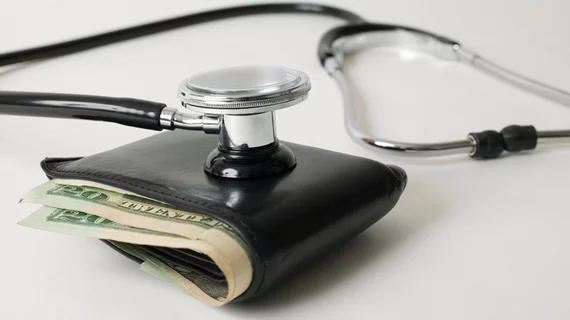WSJ: Private insurers kept $9B in cash from Medicare
Health insurers have been inflating cost estimates for providing prescription-drug benefits to more than 40 million Medicare beneficiaries, allowing them to cash in $9.1 billion in extra payments from taxpayer funds from 2006 to 2015, according to a report from The Wall Street Journal.
Each year, insurers send cost forecasts for providing benefits to Medicare enrollees to the government, but the estimates are rarely correct and often end up as higher revenue for health insurance companies. These payments have “largely been hidden” from public view, according to the WSJ, and are completed by some of the largest private insurers, including CVS Health, UnitedHealth Group and Humana.
The findings come at a time when drug prices and Medicare Part D costs have skyrocketed over the last several years, jumping 49 percent from $62.9 billion in 2010 to $93.8 billion in 2017, according to the WSJ.
When health insurers overestimate their costs, they can keep a chunk of the change at the end of year. However, if the money received from the government is more than 5 percent of the insurer’s original bid, some of it will have to be paid back to Medicare. In 2015, insurers overestimated costs by $2.2 billion and kept about $1 billion.
See the full story below:

